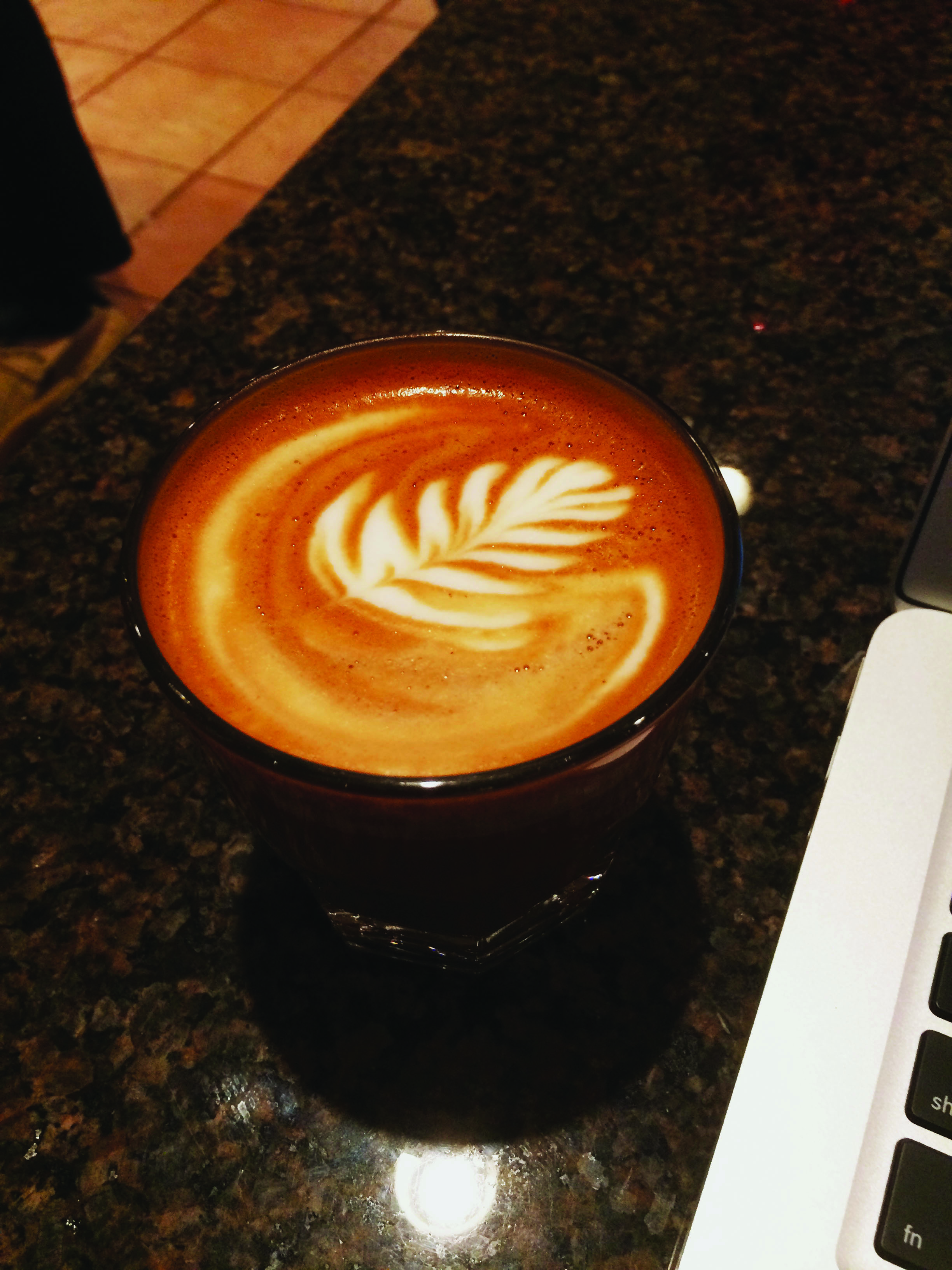
Q&A: How Does Caffeine Affect Your Internal Clock?
A double espresso shot delays the human circadian clock by an average of 40 minutes. How does
the most widely used psychoactive drug — caffeine — affect our internal timekeeping?

A double espresso shot delays the human circadian clock by an average of 40 minutes. How does
the most widely used psychoactive drug — caffeine — affect our internal timekeeping?

There’s a new reason to say ‘cheers’ to the microbe. For the first time, scientists have experimentally determined that the yeast S. cerevisiae has a significant influence on regional variations in wine flavor and smell.
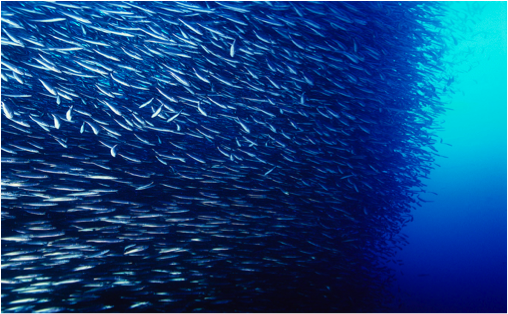
A team of Yale researchers has demonstrated how a seemingly random insect mating swarm responds to external stimulus through intelligent group fluctuations.
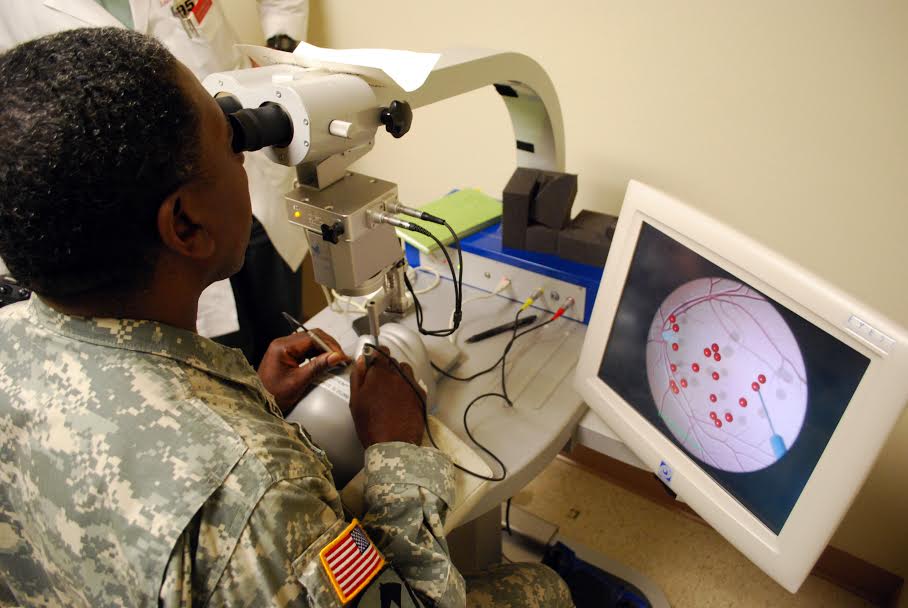
How do you define reality? For Neo in The Matrix, this is a hard question. Born into a virtual reality system so realistic that robots
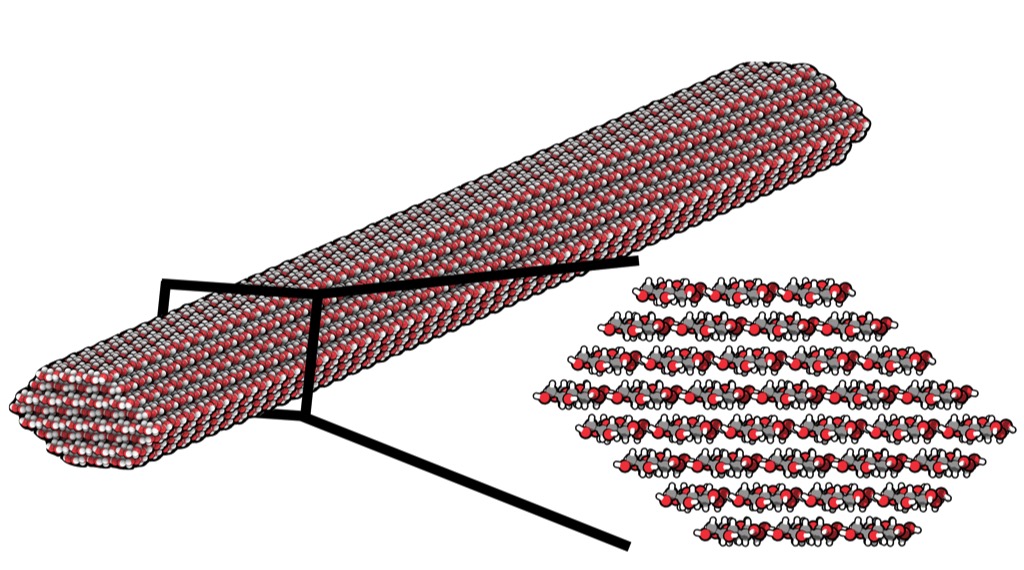
A new model that predicts the properties of nanocellulose composites could lead to improved nanotechnology for all.
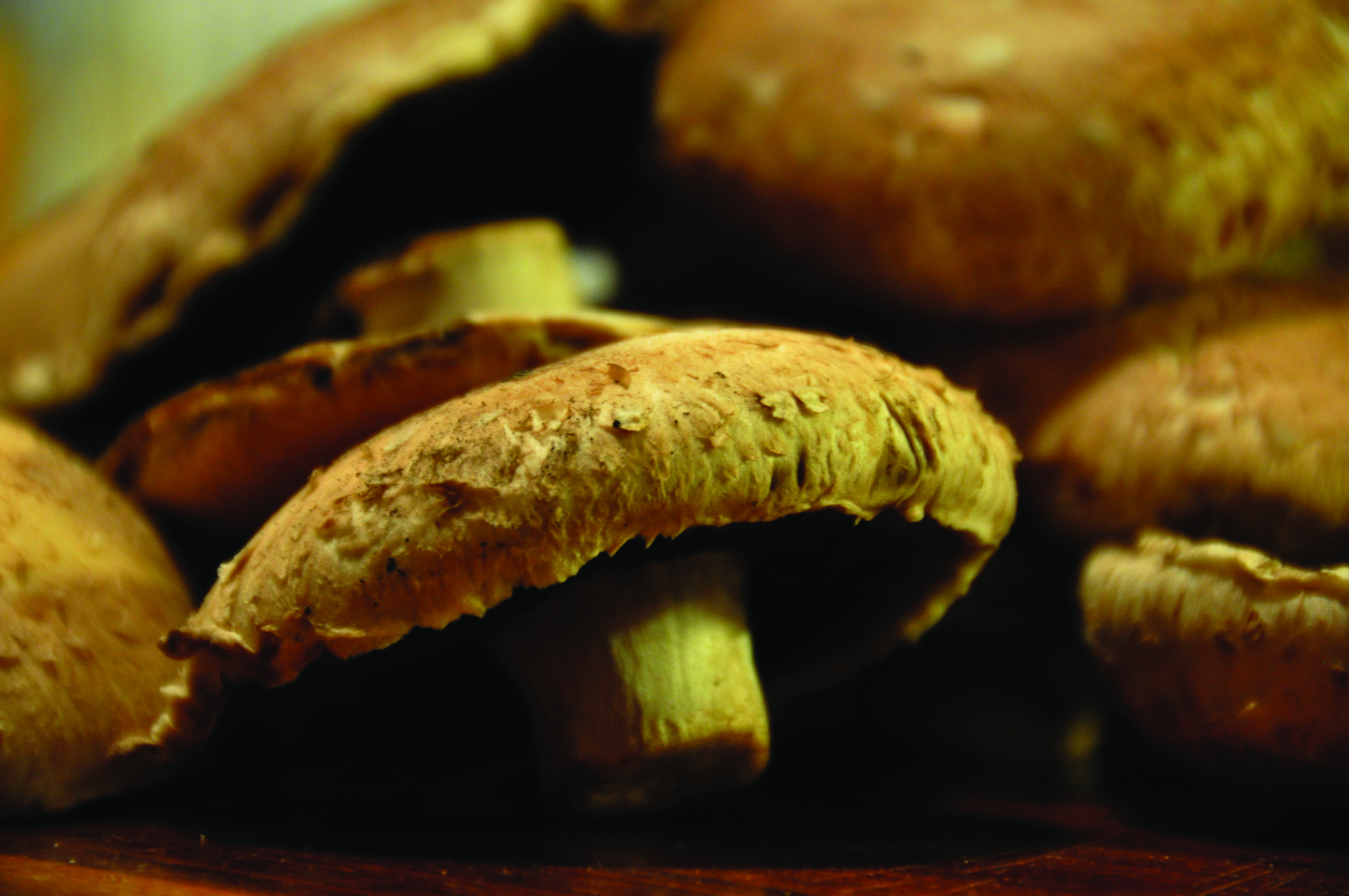
A new type of battery is inexpensive and environmentally friendly, with improved lifetime and performance. The secret to these advantages lies in its anode derived from the skin of a portobello mushroom.
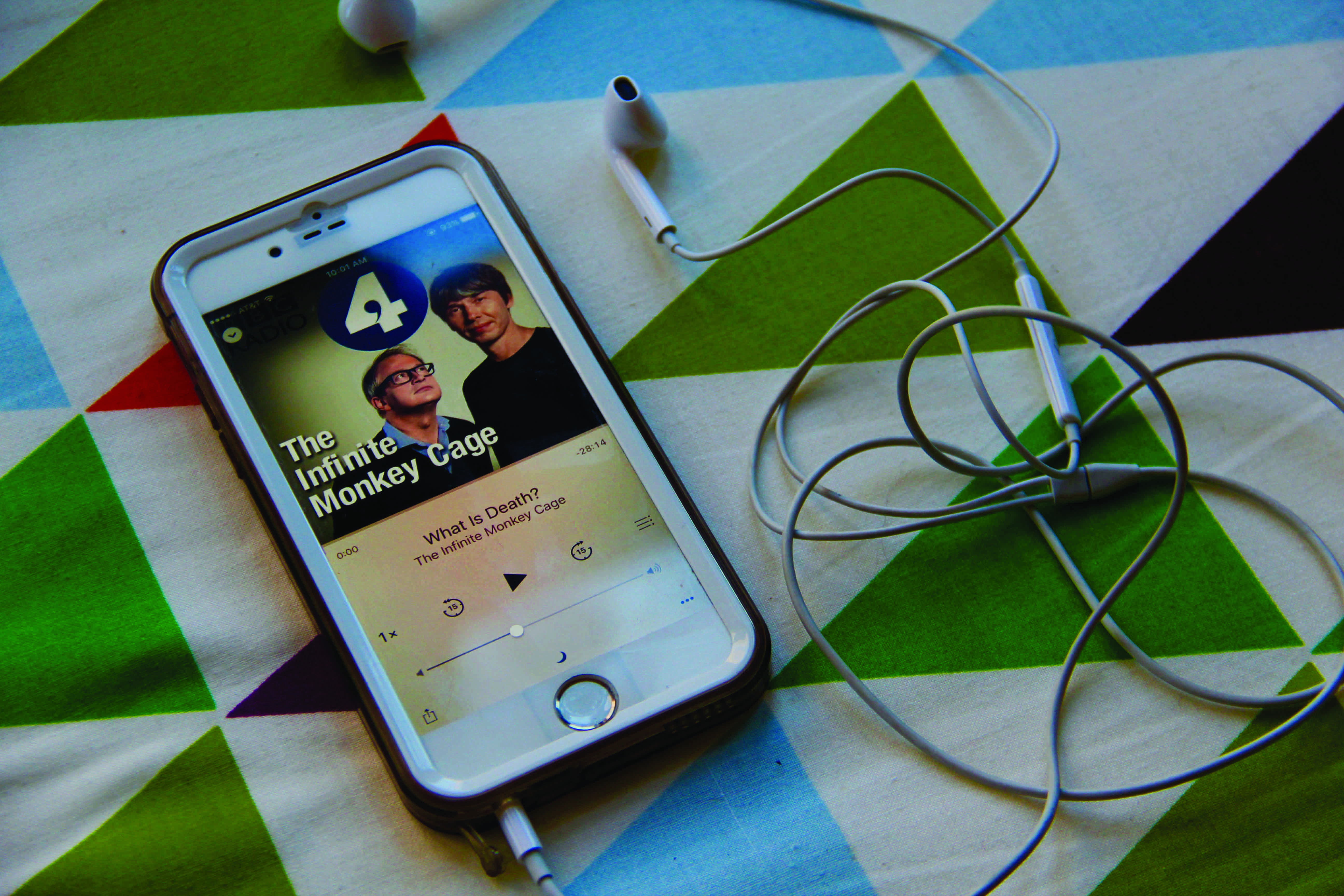
“When is a strawberry dead?” This quirky question is one of many that have sparked debates on BBC Radio 4’s science-meets-entertainment podcast, “The Infinite Monkey
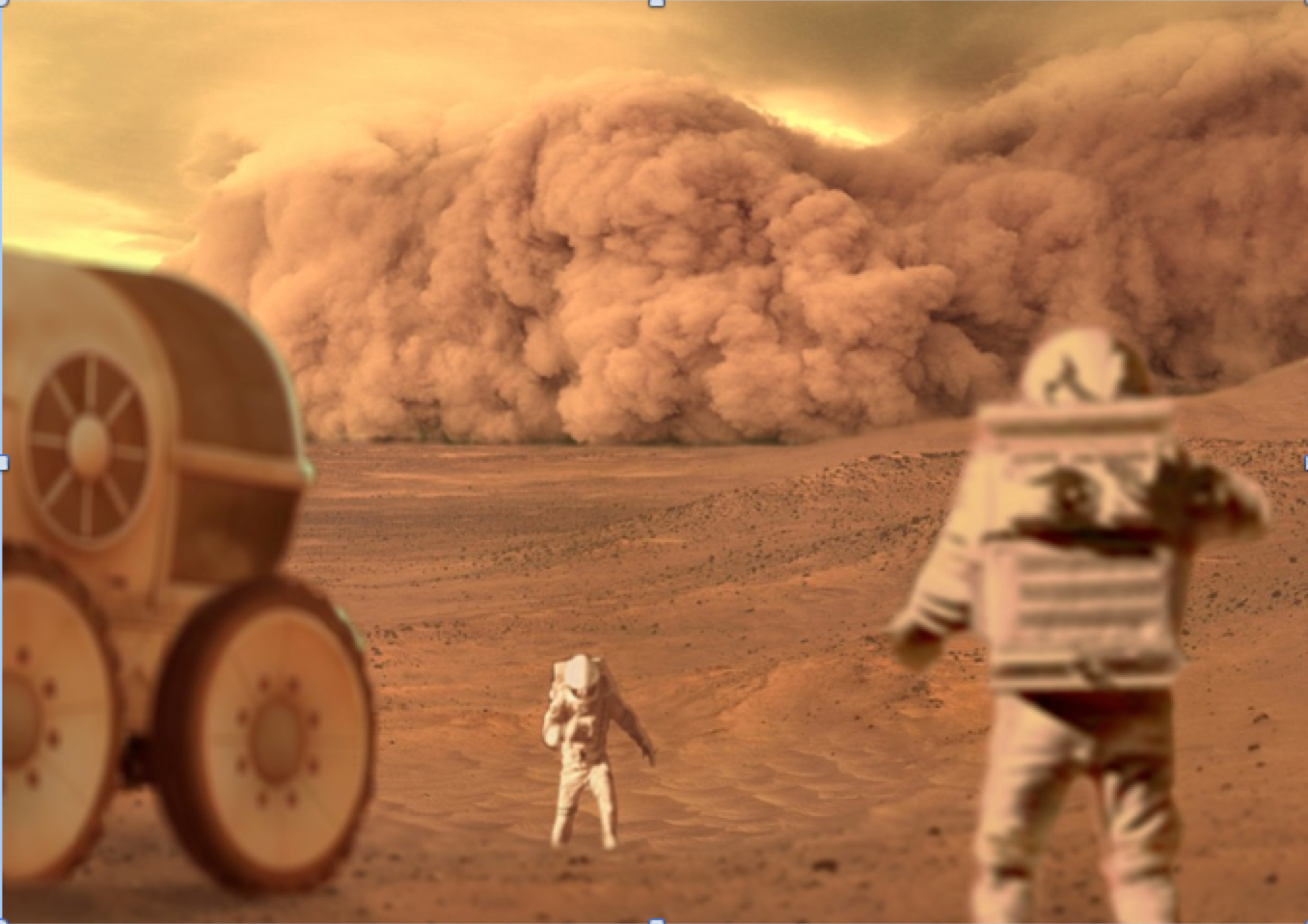
How does science match up with the story of this critically-acclaimed sci-fi film?
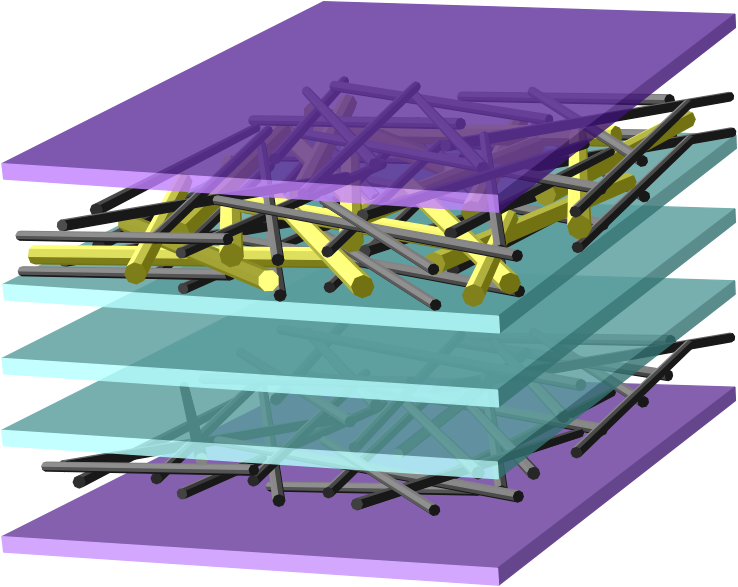
A study led by André Taylor, associate professor of chemical and environmental engineering at Yale, presents a new method of creating transparent lithium-ion batteries. The development brings science closer than ever before to the realization of invisible electronics.
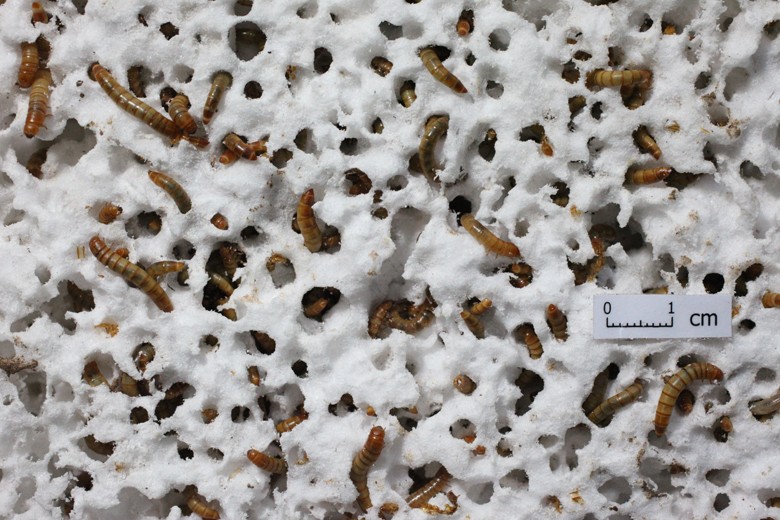
Styrofoam waste is a serious environmental issue that previously had no effective solution. Researchers have recently discovered that mealworms can eat Styrofoam, which presents a promising prospective solution.
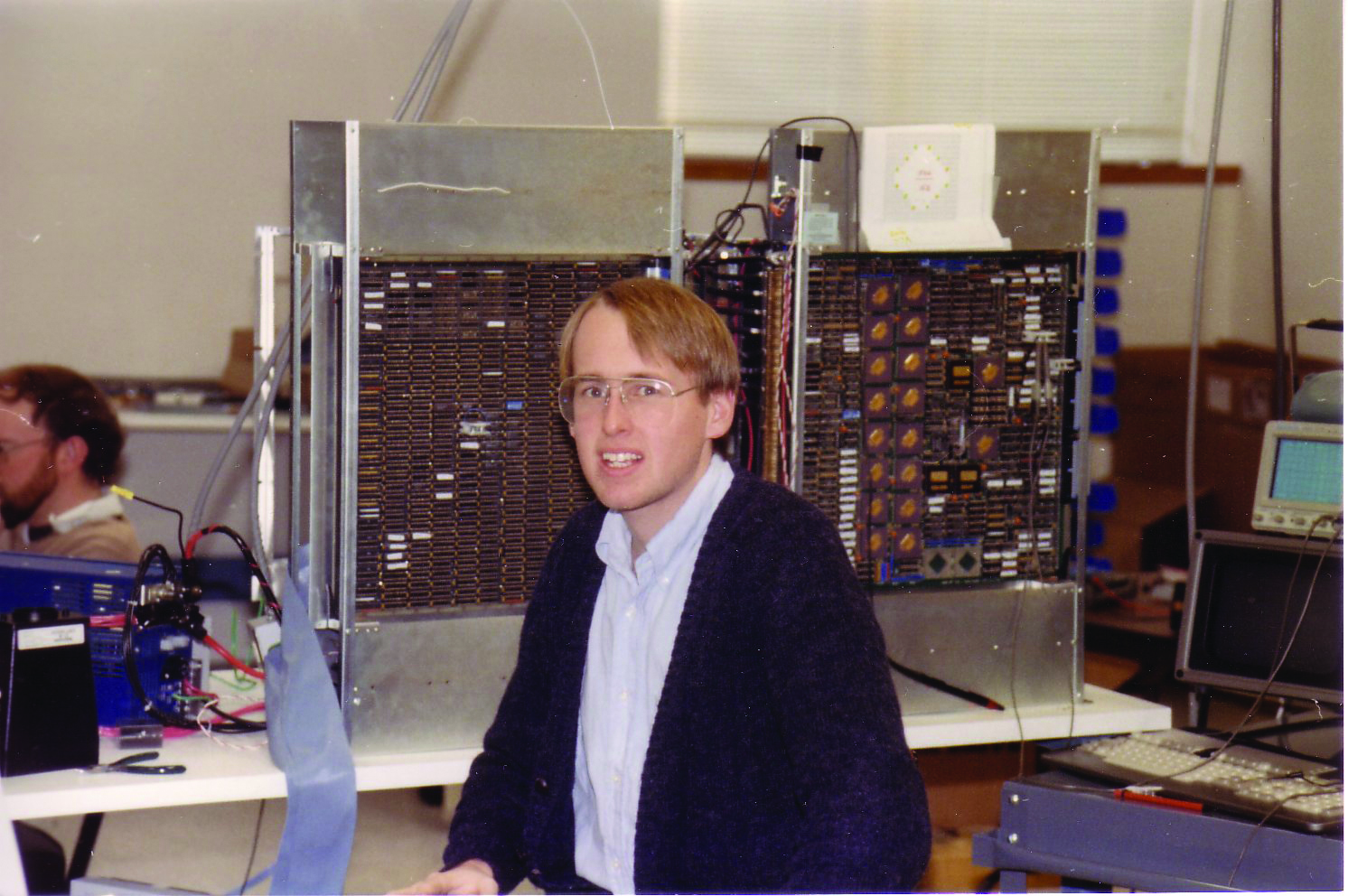
Richard Lethin YC ‘85 fell in love with science at a young age as he watched his father work to design radar. He has carried this enthusiasm with him throughout his life, from his time at Yale to his work as an engineer, and now to his role as president of Reservoir Labs.